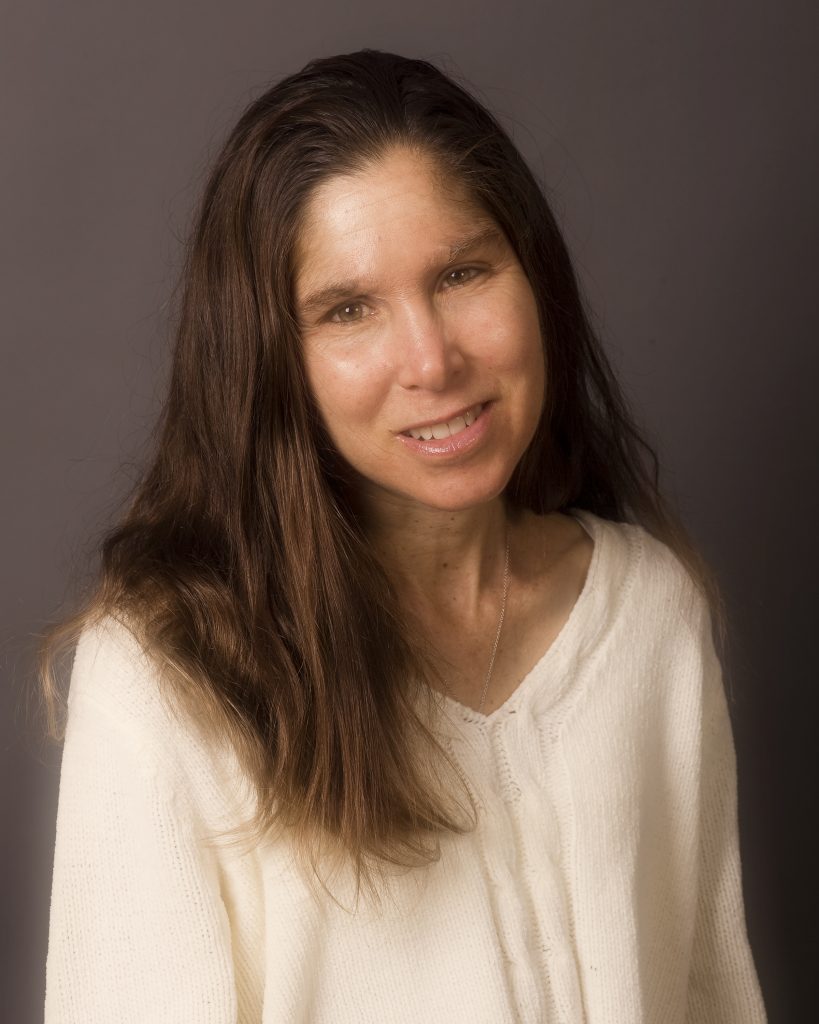
Tracey Cohen is an experienced ultrarunner, author, and speaker, and has competed in thousands of races around the world. Tracey was diagnosed with Asperger’s Syndrome at the age of 39 and speaks regularly about autism to school groups and at conferences. She is the author of Six-Word Lessons on Female Asperger Syndrome and Six-Word Lessons on the Sport of Running. This week she shared some of her experiences growing up undiagnosed, her current advocacy work, and her love of running.
You mentioned in a guest blog post on aspie.com that “Despite my best attempts at reason and efforts to please everyone in my midst, I was nearly always deemed wrong, a brat, an annoyance and a dim-wit of sorts by family, peers, teachers and doctors.” Can you offer some specific examples of this?
There are many examples all throughout my life; a few include:
As a young child, about 3 years of age, my mother left me with a relative in order to go to an appointment. I cried inconsolably the entire time and rejected all efforts to pry me away from the window including physical affection such as hugs and taking my hand, as I awaited my mother’s return. The family member told my mother that I was a snob and a brat. This belief was shared with and by many as I also tried to avoid all forms of physical contact and would become rigid and visibly agitated when forced to engage. This included hugs and kisses by way of ‘hello’ and ‘goodbye’ greetings.
Though I did not have the understanding or communication skills to inform people, physical contact has always been a struggle for me. Though I wish it were different, for the most part and especially as a child, physical affection is not soothing or pleasant for me; instead it is painful and uncomfortable. As a child, I could not understand why I was forced to accept such treatment and reprimanded if I tried to get away or defend myself.
In addition, I have always had ‘a need to know’ due much in part I believe to avoid the unexpected, which has always been devastating for me. I asked a lot of questions and most often was met with ‘eye rolls,’ looks and sighs of exasperation, and tones of annoyance.
I remember one instance when my first grade teacher gave us a test and promised to give us our results the following day. This did not happen. When I asked her about it, she told me we would have them the next day. This was very upsetting for me, especially when I continued to ask each day until results were given a week or so later and was responded to with increased displeasure. I also overheard her describe me to a colleague using unkind, judgmental words.
Most recently, I went, as a result of a change in insurance, to see a new doctor for a yearly physical. After asking me a series of questions, he asked if there was anything else he should know. I decided to share my Asperger’s syndrome/autism diagnosis in the hopes of establishing a foundation of how best to interact with me. Instead he condescendingly told me I was wrong and questioned the licensed professional who gave me my official diagnosis.
In my 47 plus years of trial and error in a ‘sink or swim’ world, I have found ways to cope a bit and better represent myself in public. This is no way though means that my struggles are not real or that they are gone, an incorrect assumption made by many.
What do you wish someone would have done differently for you that might have made a difference in the example(s) you’ve noted above?
Though I can understand the confusion when presented with information and responses completely foreign to one’s norm, it would have been nice if people did not make such negative assumptions about my character. Had they seen the scared and confused girl that I was (and so often still feel to be), perhaps more patience and kindness would have been felt and granted? I also wish that people would have better respected my boundaries and not doubted my words, meanings, and intentions. I have always been very literal and honest. To be doubted has always been very confusing and hurtful as has trying to decode the hidden meanings of other people’s communication. I am still trying to build a bit of confidence though for whatever reason, no matter the doubt I have always had, I do have an innate moral compass for which I am grateful that will always prevail.
When did you first identify as a runner? What inspired you to write Six-Word Lessons on the Sport of Running: 100 Lessons to Enjoy Running for a Lifetime?
Though I was fortunate enough to have first been introduced to the sport of running around eleven years of age, I think I first identified myself as a runner during my first and only high school cross country season as a senior in high school much in part to the talk of my coaches and teammates.
It was my publishers who kindly encouraged me to write a book on running. I evaded the notion for quite some time as I had no fallacies of being an exceptional runner or authority on the sport. Eventually though I found what I felt would be an original angle and one in which after many years of running, I did consider myself to be a bit of an ‘expert.’
Above all, I enjoy the ‘doing’ of running and hope in sharing many possible ways to do so that I am able to encourage and inspire many to try our sport, reinvigorate those who do run and/or hearten runners to come back to our sport if on hiatus due to injury, life circumstances, boredom or otherwise. I also hope to bolster people’s confidence in their own abilities and potential. I know myself far too well that even within our supportive running community, it is still far too easy to compare and doubt ourselves as opposed to setting individual, appealing, reasonable goals and celebrating our own personal achievements.

What is the value your book Six-Word Lessons on Female Asperger Syndrome: 100 Lessons to Understand and Support Girls and Women with Asperger’s offers? What were you hoping to address by publishing this book?
My purpose for writing my book, Six-Word Lessons on Female Asperger Syndrome: 100 Lessons to Understand and Support Girls and Women with Asperger’s, is to educate and inspire individuals, families, professionals, anyone willing to learn and to draw awareness to Asperger syndrome/Autism especially the differences between males and females as like myself, so many of us are missed in diagnosis and never receive any help/support. I hope to prevent others from much of my hardship and pitfalls of my past. While every person on the spectrum is different, I offer an insider’s perspective with information relevant to males and females, adults and children. My book is one that can serve as a resource to come back to whenever needed or desired and can be read from start to finish or one lesson at a time in whatever order is most desired by or relevant to each individual. I offer resources at the back of the book for additional information and provide my email address and Facebook author page URL for anyone who might wish to reach out with questions, concerns or otherwise.
You spent your entire childhood and most of your adulthood without a diagnosis. What advice do you have for parents of children on the spectrum today? What do we specifically need to take advantage of having been given the gift of knowledge and awareness while our children are young?
I believe that helping a child at a young age with the many resources that are now available is essential to the child’s well-being including skills, self confidence, and happiness. This does not mean to pity or coddle the child, but to acknowledge his/her specific challenges and help him/her work through them. It is important I feel to assume competence and allow the child to make mistakes and learn from them. When the child is old enough to understand, educate him/her about autism and why they might be receiving certain types of help. If they have been diagnosed, allow them to decide if, when and with whom they care to share the information. Remember that while the child’s needs and desires might be different than the norm, this does not make them wrong. We are all unique and should be allowed to pursue a quality of life that best suits us. Be patient and keep an open mind and allow oneself to learn as much from the child as they will be learning from you.
What mistakes do neurotypical autism advocates make?
This is a bit of a difficult question as we are all so very different, but I would suggest that every advocate keep in mind that nothing is a ‘one size fits all’ issue, to keep things as positive as possible, and if advocating for a specific person, respect that person’s needs and wishes as sometimes our good intentions can allow us to forget to learn what someone might really need and want for themselves. I also feel that it is important to never make assumptions and to keep in mind that just like autism can be an ‘invisible challenge,’ the same is true for many others. It seems as though many people struggle with one thing or another whether it is apparent or not. Patience, kindness, and understanding are essential for one and all as is admitting, learning, and growing from our mistakes. And I will fully admit that I am as far from perfect as one can get but do my best to ‘practice what I preach.’ Many thanks to one and all for the interest and support.

Robert Manning
Jenna